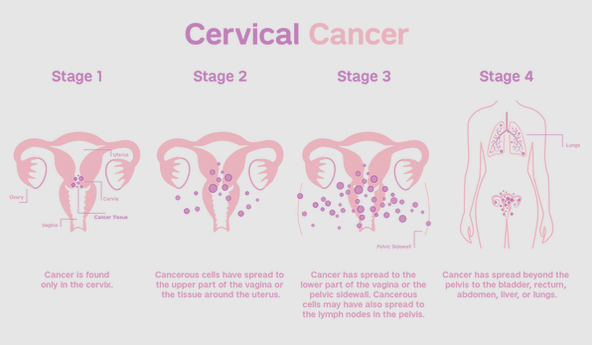GP Negligence Claims
General Practitioners or GPs owe their patients a duty of care. This means they are required to carry out their work to meet a reasonable standard. Medical negligence occurs when the GP provides substandard care to a patient causing or exacerbating harm or injury to the patient.
Stern Law is led by Principal Solicitor, Terry Stern, one of the most experienced medical negligence lawyers in NSW with over 35 years’ experience in the field and an Accredited Specialist in Personal injury Law. Some of his landmark cases include:
Our Commitment: Stern Law is dedicated to a team approach, drawing on a variety of skills and backgrounds in medical negligence law to get our clients the best results.
For many individuals, the GP serves as the initial point of contact when experiencing symptoms of illness or medical conditions. Within this role, the GP bears a significant responsibility to thoroughly examine, investigate, diagnose, and provide treatment or referrals as required. This responsibility is fundamental to the fiduciary relationship, as patients trust medical professionals to act in their best interests. Unfortunately, instances may arise where a patient suffers due to a failure to meet the standard of reasonable care, complicating or worsening health outcomes.
In O’Shea v Sullivan, Terry Stern represented the plaintiff in this widely publicised decision which found a GP to be negligent in the misdiagnosis of a young woman with cervical cancer. The patient had presented to the GP with post – coital bleeding, a speculum was attended, however the malignancy was missed, and the pap screen returned a false negative result. This case examined the legal liability of a GP who fails to carry out appropriate investigations on the authority of a false – negative screening test result. This decision prompted an investigation into cervical screening in Australia, further highlighting the community importance of holding medical professionals accountable.

Do I have grounds for a claim?
To be defined as medical negligence, the patient must have suffered physical, psychological, or financial harm as a direct consequence of the medical practitioner’s failure to meet the expected standard of care.[1]
The criteria include:
The GP owed you a duty of care.
The treatment provided by the GP breached this duty.
As a result of this breach, you suffered harm or injury.
The ‘standard of care’ is that of an ordinary general practitioner, possessing the knowledge of the GP at the time of the consultation.
In Australia, the average payout for a medical negligence claim is $650, 000 AUS. [2] If you believe your GP failed to meet the standard of care required, a claim in medical negligence will provide you with the compensation you deserve.
Examples of GP Negligence can include:
- Failure to diagnose/ delayed or misdiagnosis
- Medication/ prescription mistake
- Clinical mistake
- Failure to gain informed consent (risks and benefit)
- Failure to listen or validate a patient’s concerns or symptoms.
- Failure to follow up an unusual test result
In Austen v Tran [2023], the defendant GP faced a claim for negligence due to a delayed cancer diagnosis for multiple presentations of leg and back pain. In October 2016, the plaintiff had been suffering from 8/10 leg pain for 8 days and the GP ordered a blood test for suspected iron deficiency and provided a prescription for an anti-inflammatory and simple analgesia. Eight months later, the plaintiff visited the defendant for lower back and leg pain and was referred for an Xray and ultrasound, the plaintiff did not receive a follow up or treatment plan for possible abnormalities to the sacroiliac joints. In September 2017, the plaintiff was diagnosed with non – Hodgkin’s lymphoma – a terminal diagnosis. The court found the defendants practice was not a breach to the duty of care on the grounds that breach and causation could not be established. However, the court found the GP’s actions constituted a’necessary condition of harm,’ emphasizing the importance of follow-ups and appropriate investigations.

How to Establish a Claim
To establish an action in negligence, with your consent, our firm will collect your personal medical records and any correspondence with the relevant GP. These will be reviewed by specialised medical negligence solicitors and expert medical advice to determine whether the care you received by the GP, failed to meet the standard of reasonable care which resulted in further harm to you.
Reach out to our team at Stern Law, offering a unique and individualised understanding of the sensitive nature of medical negligence claims. We are here to listen and provide guidance through this complex process.
Please call us on (02) 9387 1399 or email us at re*******@**********om.au
We look forward to sharing this journey with you.
Disclaimer: The content of this article is intended only to provide a summary and general overview of matters of interest. It does not constitute medical or legal advice and should not be relied on as such.
[1] Australia Patients Association (7 April 2022) Medical Negligence https://www.patients.org.au/medical-negligence/
[2] Ibid.

